FIRST MOVIE SCREENING IN N.Z.
In 1895, Auckland businessman Alfred Whitehouse imported a ‘kinetoscope’ into New Zealand. The Thomas Edison machine showed moving images to one customer at a time. Almost immediately, Alfred decided moving images of local events would be more of a drawcard than watching material sourced overseas. He approached Auckland photographer William Bartlett and asked him to film the opening of the Auckland Industrial and Mining Exhibition. Using a movie camera called a ‘Cinematograph’ invented by Frenchman Leon Bouly in 1892, William successfully filmed the Newton Band playing (silently). He also captured the arrival of the Governor with a cavalry escort as well as the crowds entering the exhibition building.
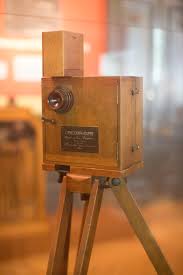
The ‘Cinematograph’ was also a projector so William set it up in his photograph studio in Queen Street in preparation for the first movie presentation in New Zealand. On Christmas Eve 1898, an expectant crowd turned up to experience this exciting new entertainment which was enhanced with music provided by another Edison invention, the phonograph. On Boxing Day William carted his machine to the Ellerslie Racecourse where he filmed Uhlan winning the Auckland Cup. The newspapers described the films as ‘clear and almost free of flicker’.
Over the following year, after making 10 one-minute films, Alfred Whitehouse travelled around the North Island showing his ‘Animated Pictures’, to mixed reviews from audiences who were not so impressed with the Auckland content. It would seem the tough lives the settlers were experiencing at the time, was too much of a distraction and the 1 minute film clips were not entertaining enough to impress the overworked colonists. It also indicated the new motion picture technology was not sophisticated enough to truly entertain those struggling to establish a new life in an inhospitable landscape.
SOUND ARRIVES IN NEW ZEALAND
Thirty years have passed since Alfred Whitehouse carted his ‘Animated Pictures’ show around the North Island and motion pictures have become established as a popular entertainment medium for people around the world.
Wellington moviegoers flocked to the city’s various cinemas. One of the most popular was the Paramount in Courtney Place. Opened on the 4th August 1917, it survived for 100 years until finally closing as a cinema in 2017. Over the century, the Paramount screened non mainstream films and was loved for the foreign films shown there. Being a leader in the field, it was also the first cinema in New Zealand to screen a sound film. On the 8th March 1929, the American part talkie Street Angel opened at the cinema and drew in the crowds. It had no dialogue but did have recorded sound effects and a musical score, instead of the live music that usually accompanied silent movies. The star of the film Janet Gaynor won the ‘Best Actress’ award at the 1929 Academy Awards. Along with Street Angel, audiences got to see and hear five ‘talkie shorts’, including an interview with the King of Spain.
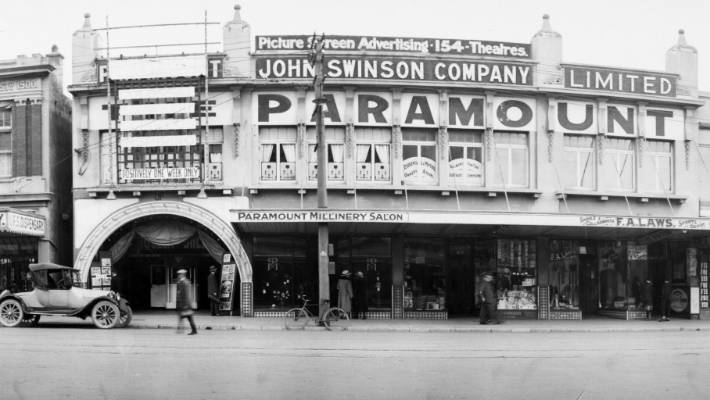
Only a few months later, the first New Zealand made talkie screened in Auckland. Coubray-tone News, made by Ted Coubray, had its first public screening at Auckland’s Plaza Theatre. Filmed around the city, footage included the funeral of Catholic Bishop Henry Cleary, workers on Queen St building sites and activity on the Auckland wharves. The newsreel also showed scenes from ‘The Romance of Maoriland’, with its poi, haka and waiata performances. I have dedicated an earlier blog to Ted Coubray so will not go into details here suffice to say, New Zealanders were quick, as always, to adopt the latest technology and make it work even better than the original.
Today, Kiwis are world innovators in applying computer technology to motion pictures. Hollywood productions are using New Zealand companies to create their blockbuster films. It is great to see the legacy left by Alfred Whitehouse and Ted Coubray is continuing with a new generation of leading edge Kiwi screen production people.
Ceidrik Heward
Ceidrik Heward is an Amazon TOP SELLING AUTHOR and has lived and worked in 7 countries working as a TV cameraman, director and film tutor. For the past 17 years he has focused on writing and has been published in magazines and newspapers in Europe, USA, Asia and the Middle East.
His interests include photography, psychology and metaphysics. He loves to read and always has at least 3 books on the go. He has written 22 manuals/books and has just completed his 4th short novel. Ceidrik believes sharing information and stories is the best way to stimulate the imagination and enrich our lives.
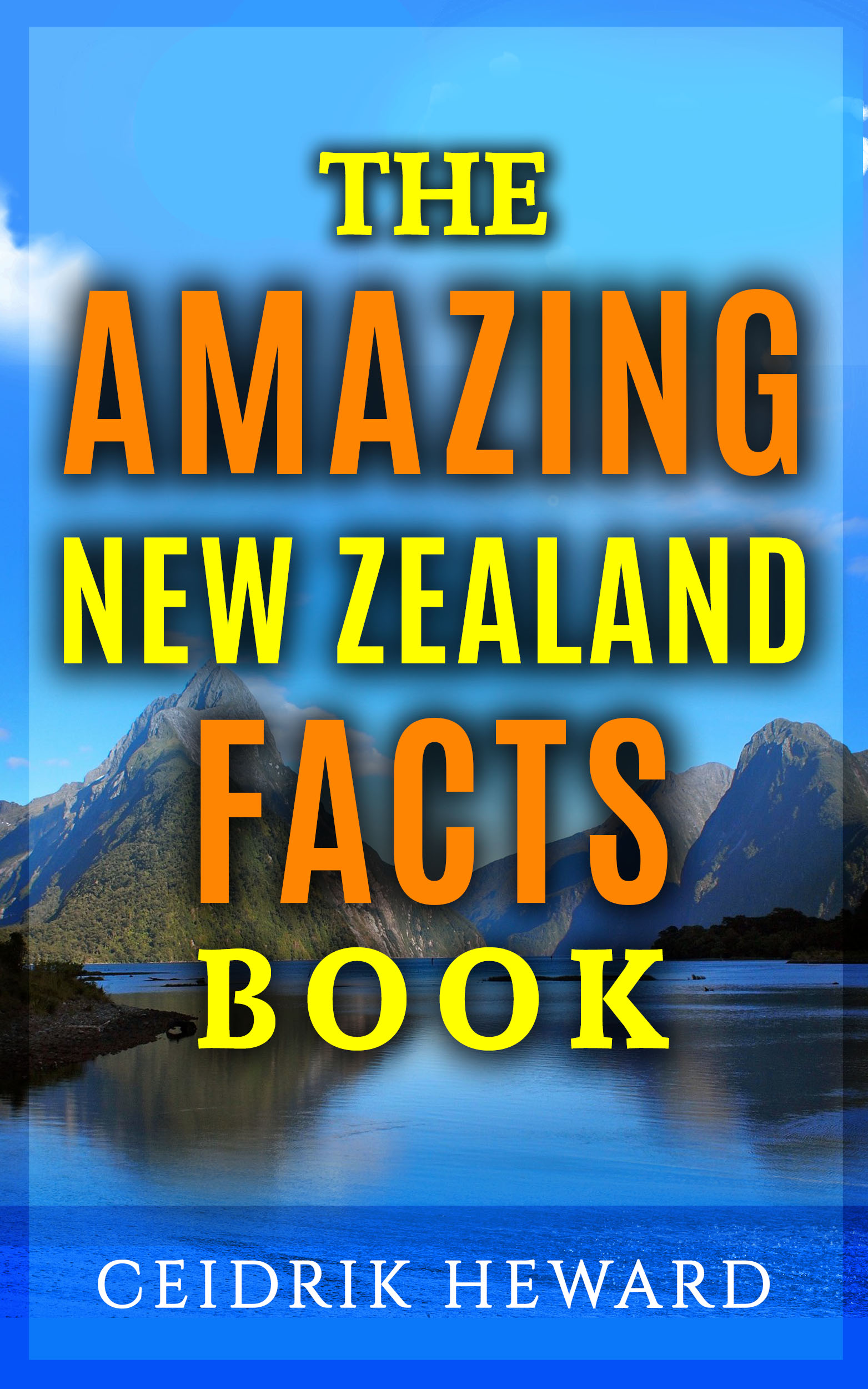
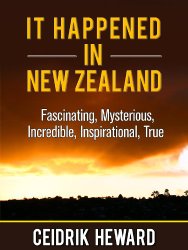
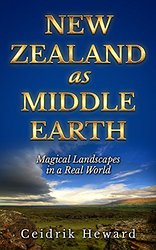
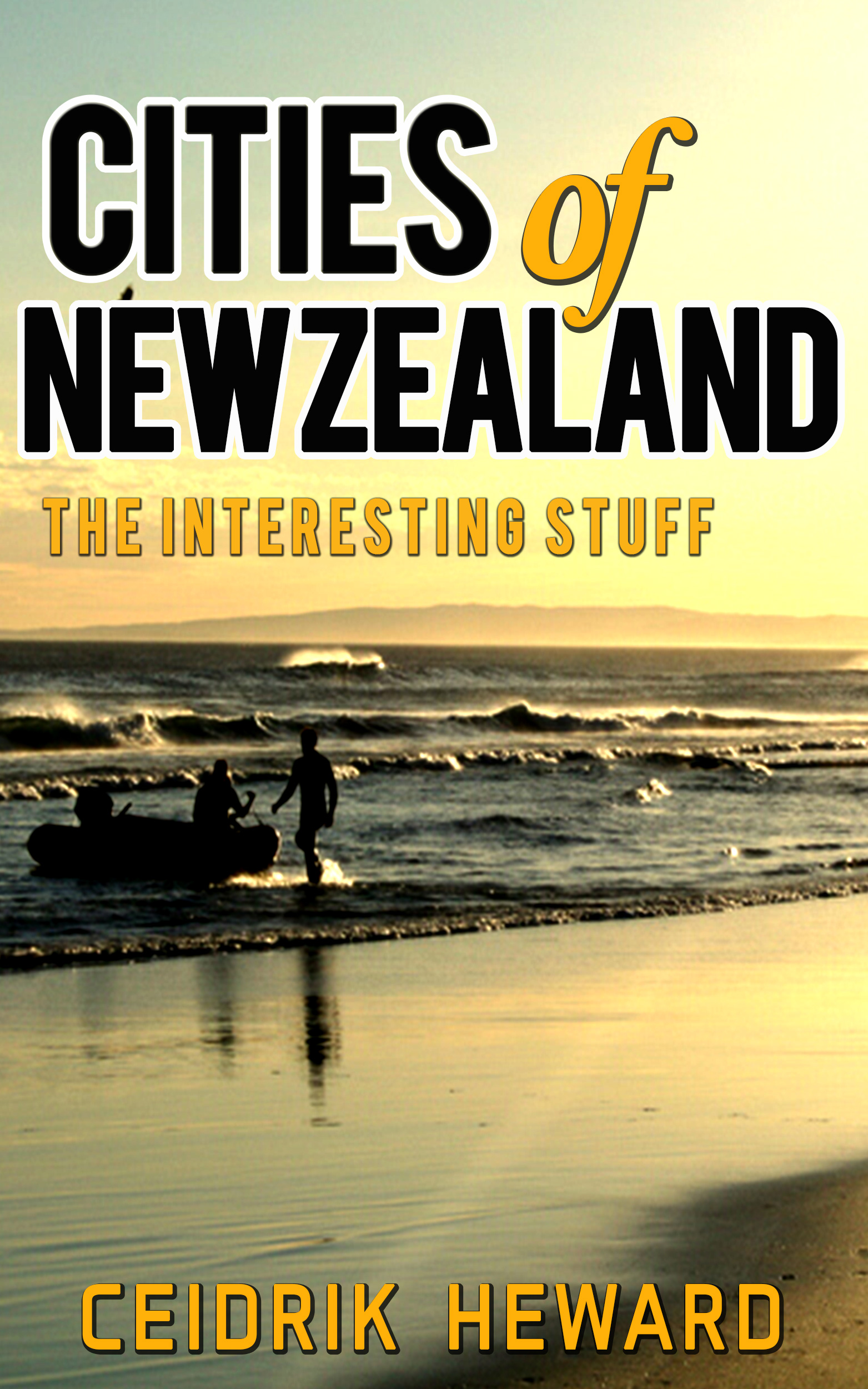
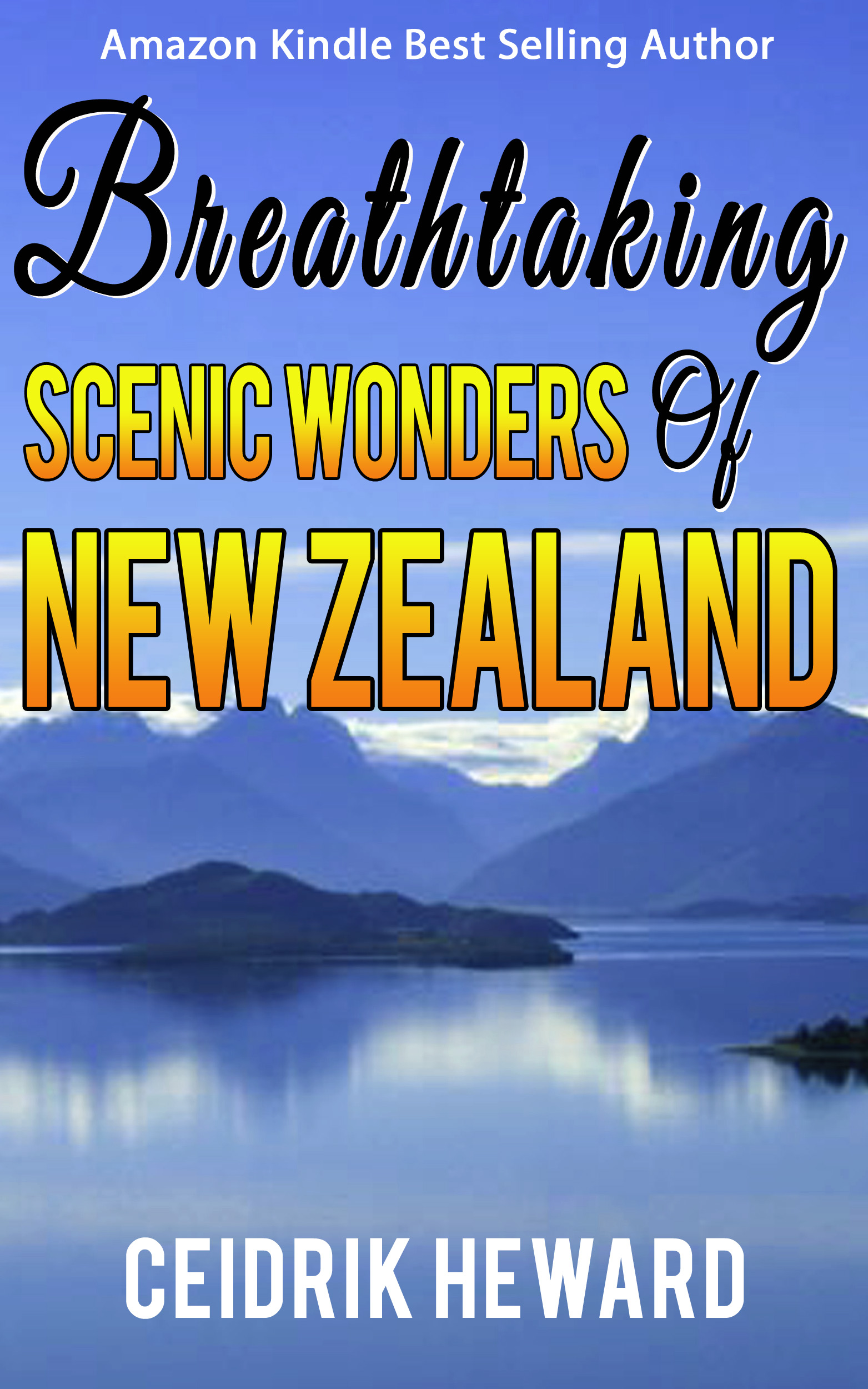
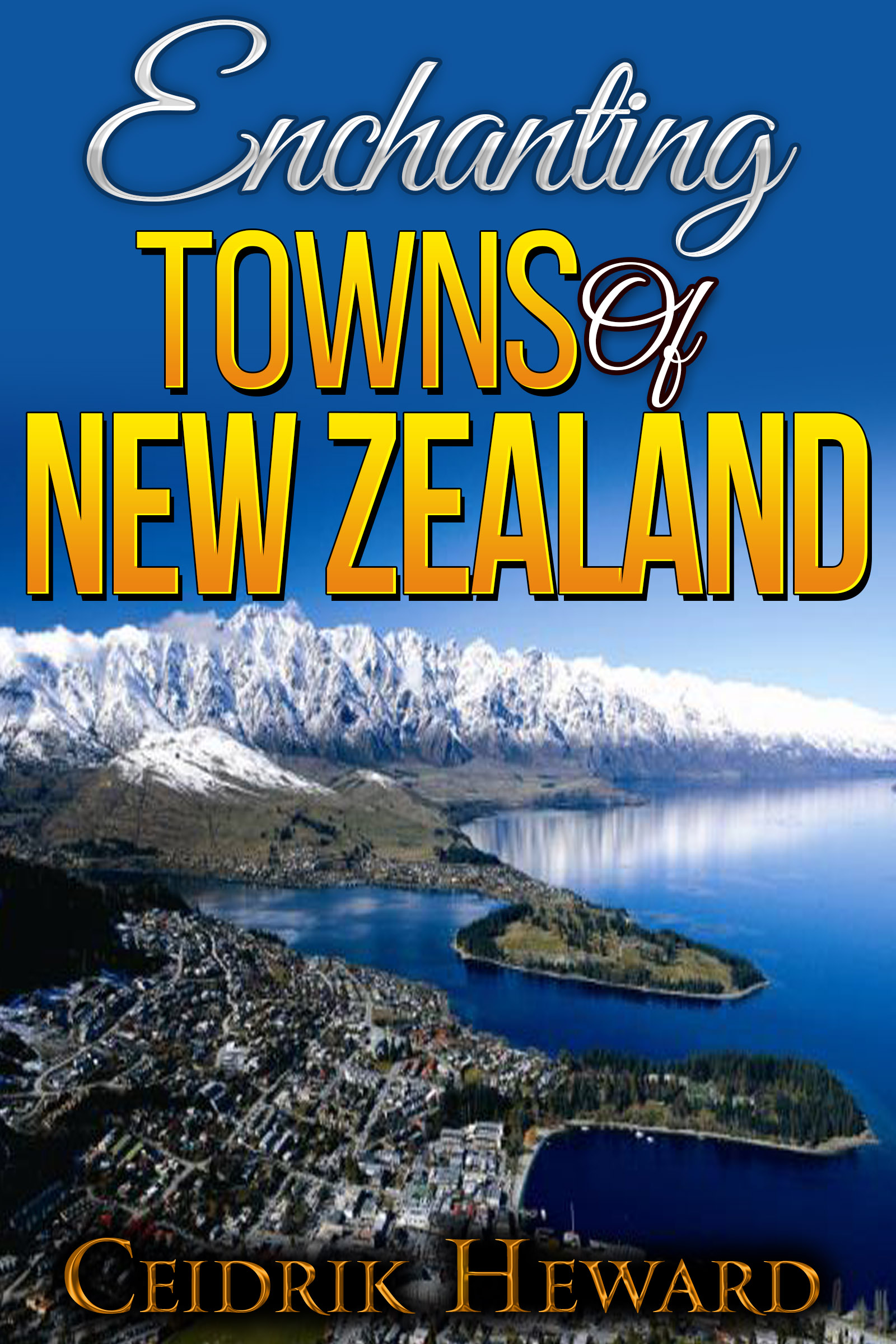
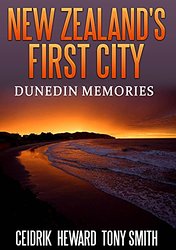
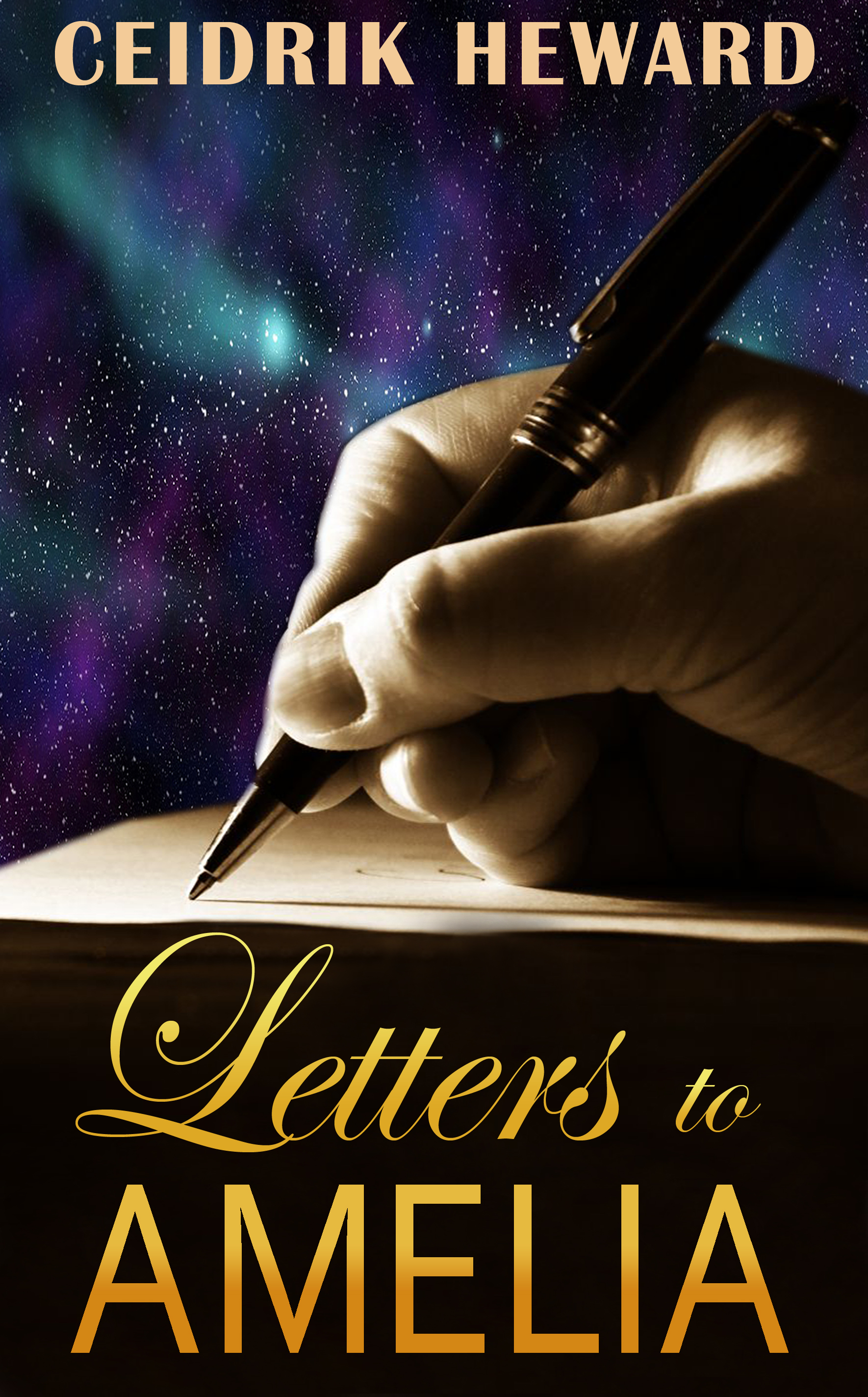
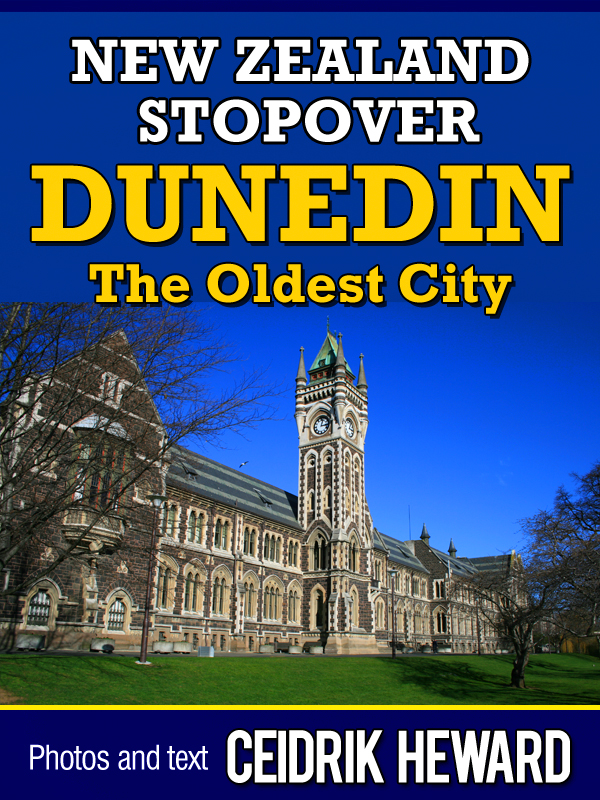
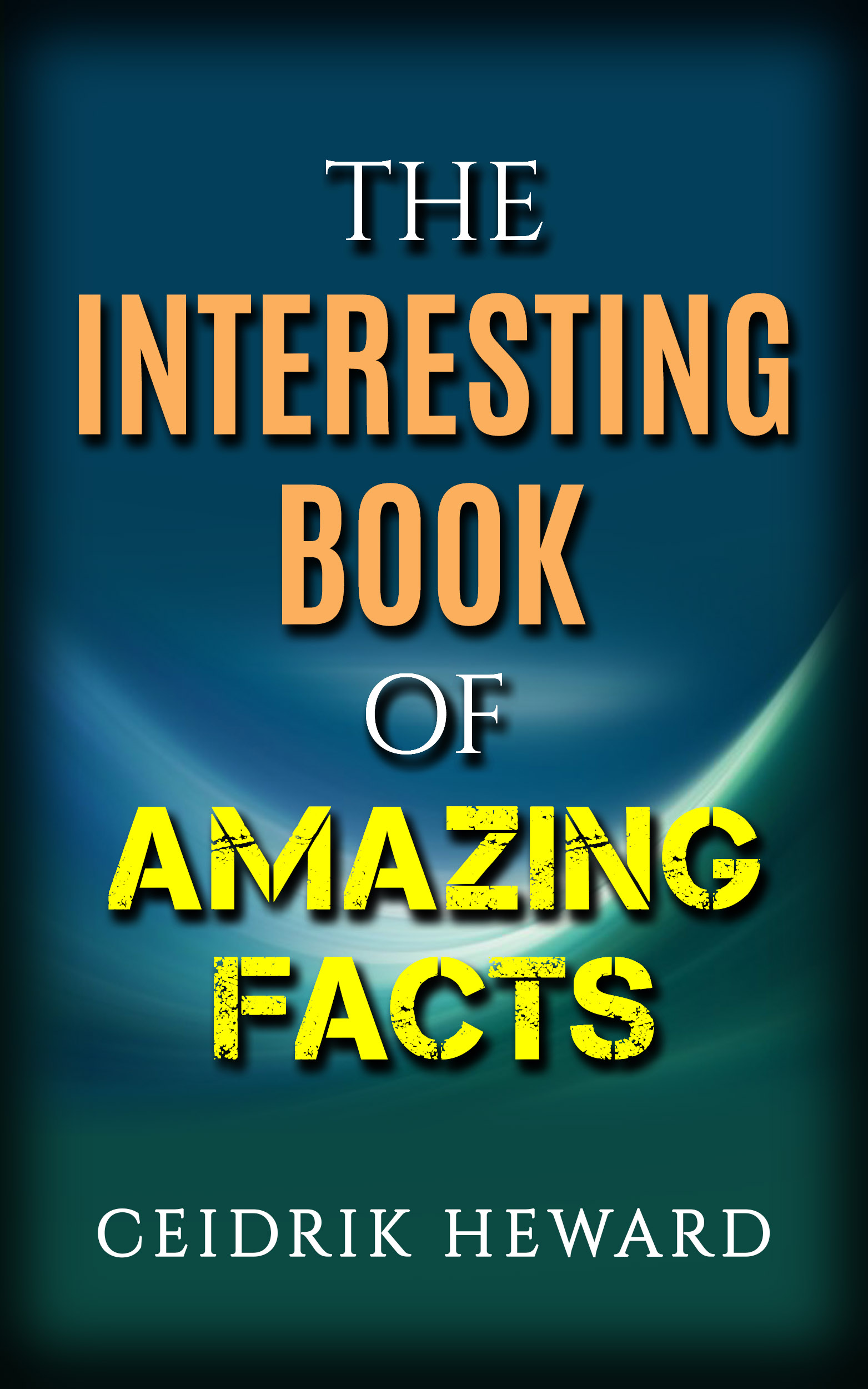
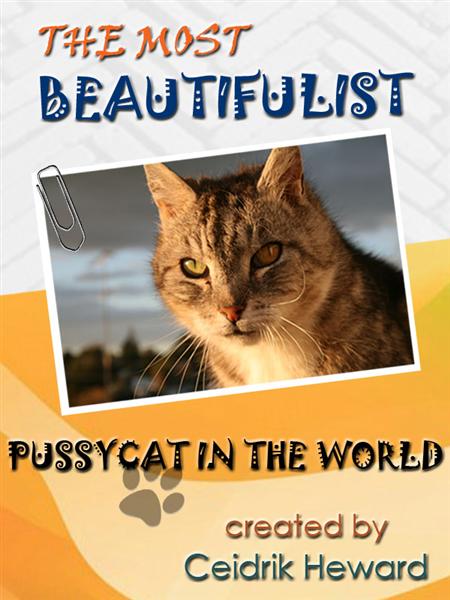
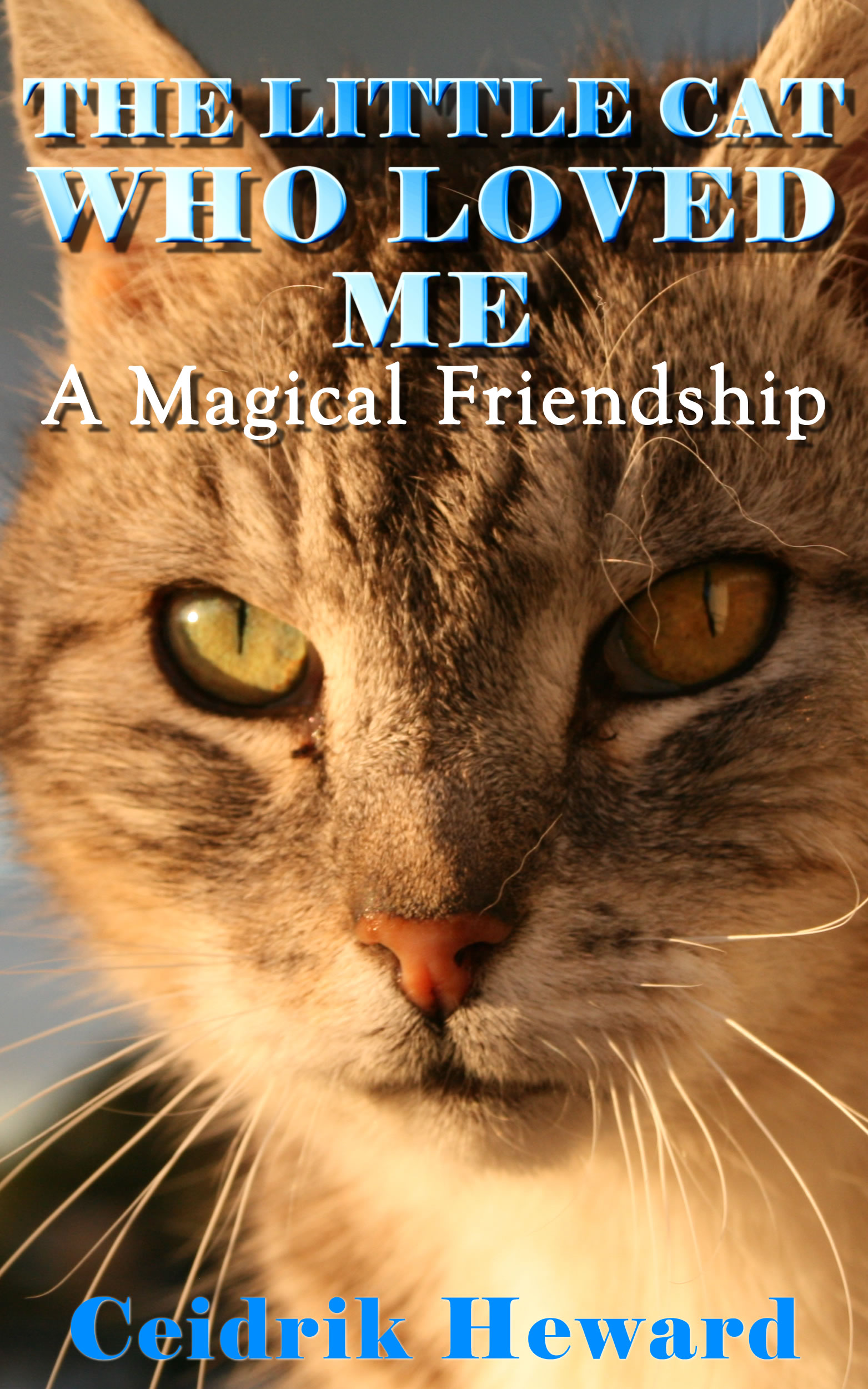
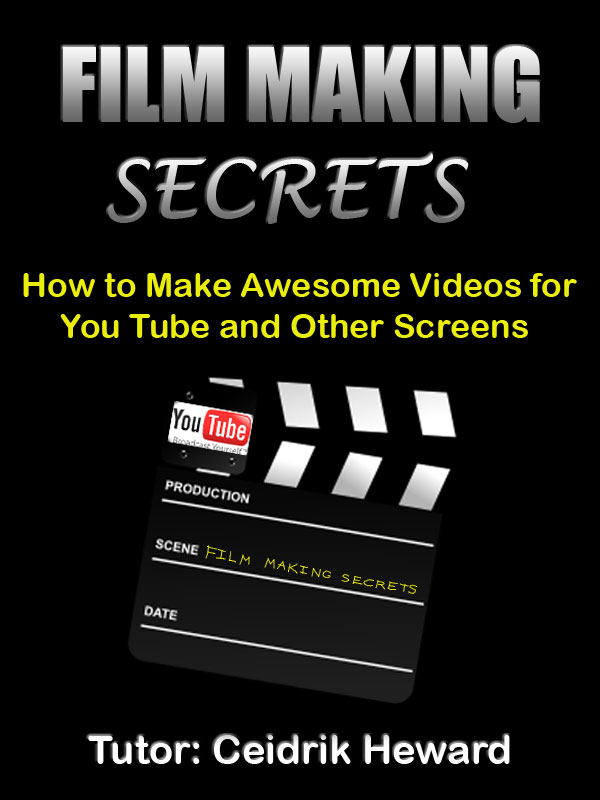
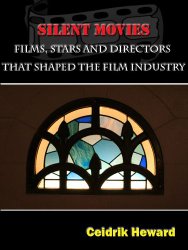
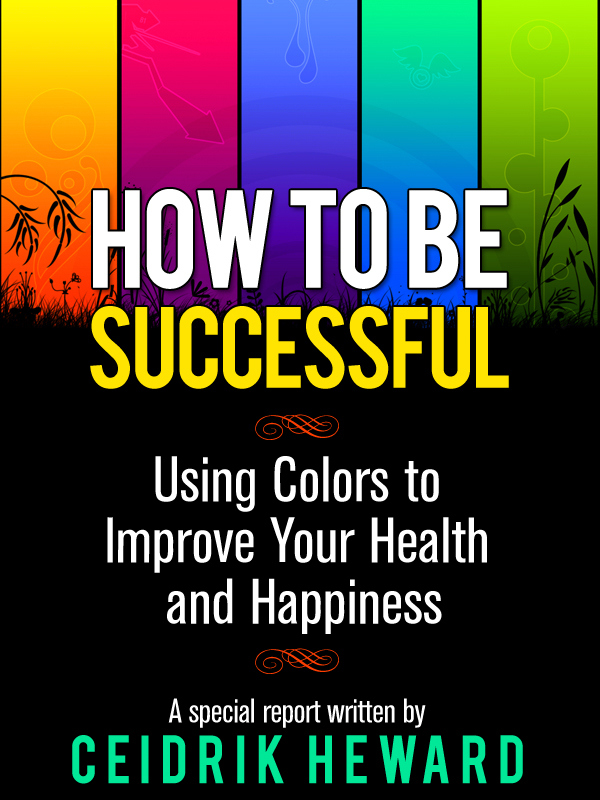






 Visit Today : 372
Visit Today : 372 Total Visit : 1078976
Total Visit : 1078976
Speak Your Mind